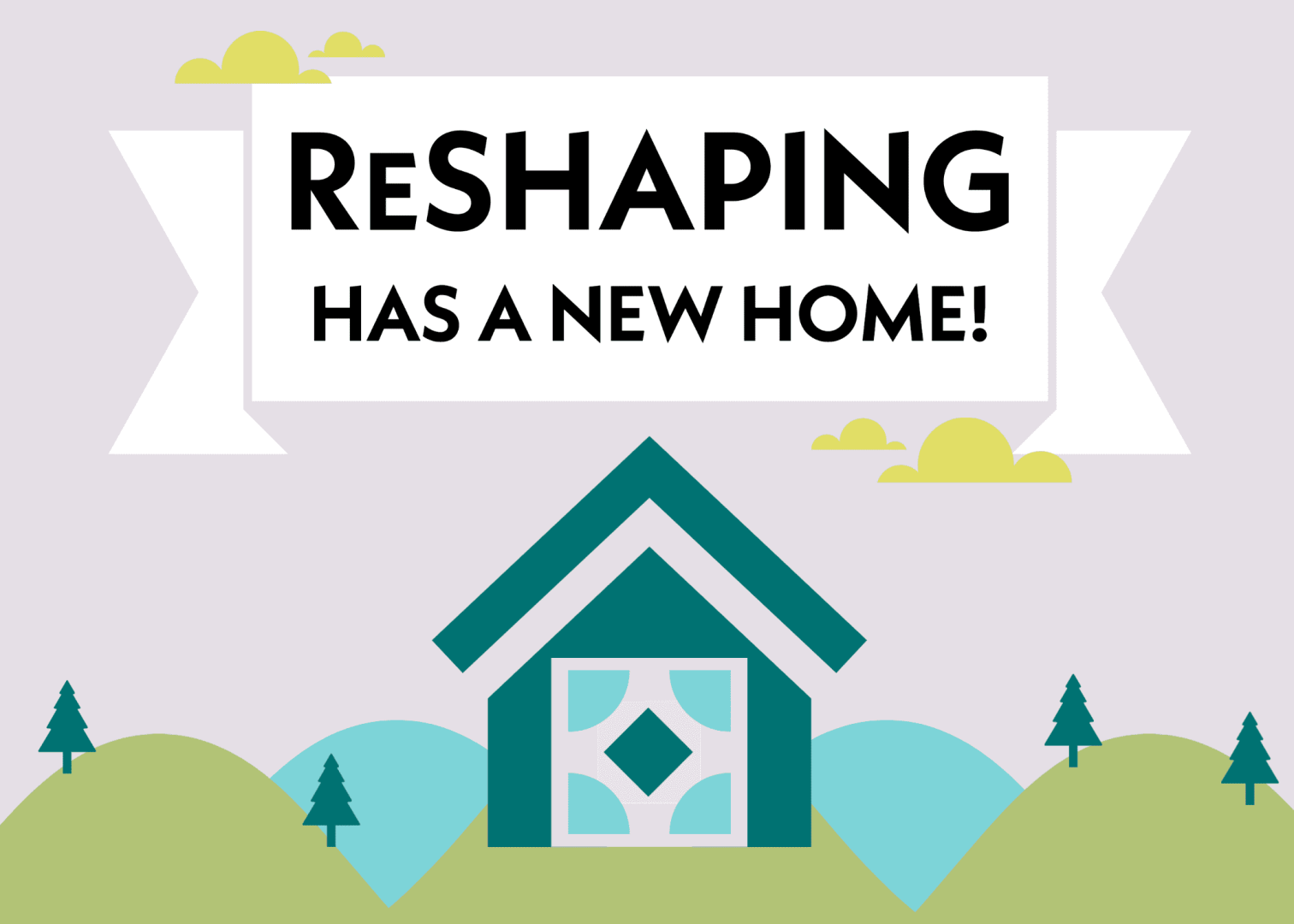I have never liked the phrase, “When life gives you lemons, make lemonade.” I share this so what I write will not be dismissed as musings of a bubbly-happy-go-lucky-always-look-on-the-bright-side-of-life-optimist.

By Lisa Schelbe, PhD, MSW
May 27, 2021
We must use a strength perspective in our work with youth. Far too often, we use deficit models that emphasize people’s weaknesses and shortcomings. This is especially the case with some groups of youth such as youth in and aging out of foster care who are parenting.
When we focus on poor outcomes, we miss the story of their strengths.
Using deficit models is understandable considering research has found that youth in and aging out of foster care have a whole range of poor outcomes, compared to their peers without foster care experience. With most outcomes that have been examined, youth in and aging out of foster care experience poor outcomes across areas including housing, education, employment, mental health, and justice system involvement. Youth in and aging out of the foster care system have higher rates of early parenting. While there is still a lot not known about these parents in and aging out, research has found these young parents have poor outcomes in terms of being reported to child protective services, as well as employment.
Facts like these make deficit models so seductive. We see these youth often do not fare well. However, these outcomes only tell part of the story.
When we focus on poor outcomes, we miss the story of their strengths. Young parents aging out of care are determined and committed to their children. Having a child can serve as a turning point where youth may rebuild or build a family that they have never had. A child can be a source of motivation to complete school, get a job, or make positive changes. There are some great things that can happen around childbearing for youth in and aging out of foster care. A child can be a turning point in a youth’s life where they change priorities, identify new opportunities, and become motivated to pursue education and employment. Additionally, there may be unique services and programs available to parents that provide support and resources to the young family. Focusing on strengths shifts the way of understanding how best we can serve youth.
Another part of the story deficit models obscure is the context that contributes to youths’ experiences. Deficit models tend to blame youth for outcomes. The United States is a neoliberal society that does not prioritize well–being for all people. Structural barriers exist. Parents in and aging out of foster care often have experienced poverty and trauma. The environments that these parents have lived in and are trying to raise their children in are often toxic without resources that promote health. There is a constellation of inequity; many parents in and aging out of foster care face sexism, ageism, racism, and other forms of oppression. When we focus on these youths’ individual deficits and poor outcomes, we overlook this context that shape their lives.
Young parents aging out of care are determined and committed to their children. Having a child can serve as a turning point where youth may rebuild or build a family
When I introduce the strength perspective in my classes, I use an example of a case manager who had nothing positive to say about a youth on her caseload. The youth was in foster care. He had been in various placements as foster parent after foster parent kept kicking him out of their homes due to his “acting out.” He spent time with people who got into trouble (“the wrong crowd”). He used and sold drugs. Multiple times, he was arrested for selling drugs. One time, when he was arrested, he outran the cops who chased him. He was “sassy” and did not show the respect that the case manager believed she and other adults deserved. He did not typically express gratitude towards the help he was given. Frequently, he did not follow directions, choosing to do things his own way. This is how she described him, I explain to my students; however, it is not how I saw the youth, whom I adored for his spunk, grit, and honesty.
I facilitate an activity to examine the youth’s strengths based on the case manager’s description. Students quickly reframe the view of the youth to highlight his strengths. As a child when he wasn’t happy in his environment, he showed initiative and agency, as he was able to change his environment by his behavior. He calculated how he could act out to get his foster parents to kick him out of the house, and he implemented his plans. The youth is social: he connects with his peers. Selling drugs shows a level of entrepreneurship and demonstrates mathematical ability (e.g., figuring out how much to sell at what cost) and business sense (e.g., profit margins, marketing). Running from the police displays his athleticism. He is fast! The youth is driven. He resists oppression and agism. He wants to be independent and takes pleasure in doing things for himself, rather than having things done for him and being told what he had to do. He exudes confidence. This way of seeing him is a strengths perspective.
When we prioritize youths’ strengths, we see possibilities and opportunities. We can see the youth described above has the aptitude, social skills, and determination to thrive. Prioritizing strengths is not to make “lemonade out of lemons;” this is to acknowledge that there are real strengths.
When we prioritize youths’ strengths, we see possibilities and opportunities.
We must think about the strength perspective as practitioners, policymakers, and researchers to shape our interacting with youth, thinking about youth, and framing of youth issues. We do not need to focus on what is broken and what is wrong; we can focus on what is good and what is working. We need to highlight what is needed to promote youths’ successes. We need to listen to the youth and come together in dialogue to change our perspectives. I look forward to these conversations—maybe over lemonade?

Lisa Schelbe is an Associate Professor at Florida State University College of Social Work and a member of ReSHAPING. She loves living in Florida where she can sit on her patio with her dog and enjoy a cool glass of lemonade made from lemons from trees in her yard. Read more about Dr. Lisa Schelbe







